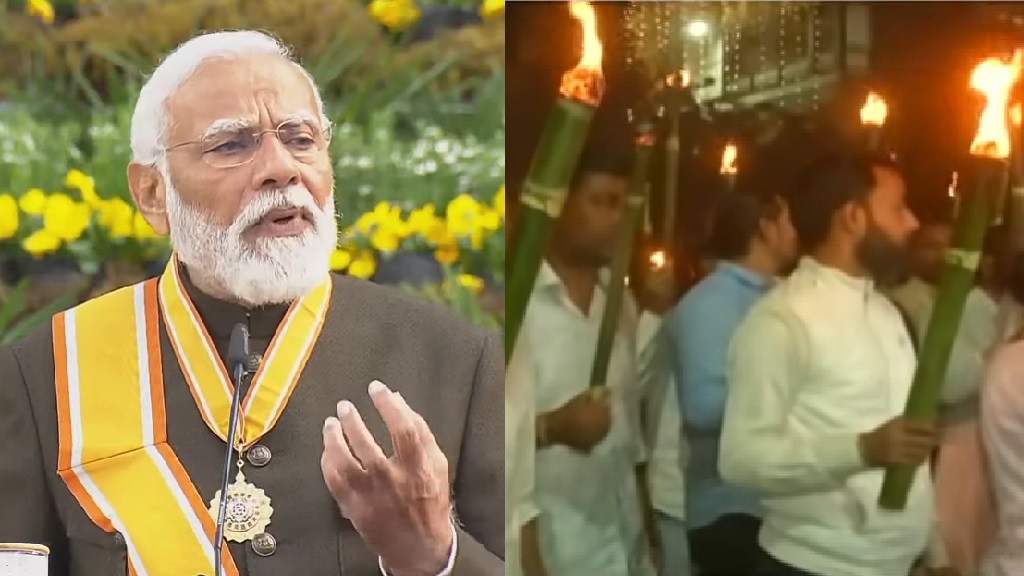
A controversial law in India which fast-tracks citizenship for religious minorities from several neighboring countries but excludes Muslims has reignited criticism and protests across the country.
Key points:
- The Citizenship Amendment Act (CAA) was passed in 2019 but was paused due to widespread protests and violence.
- Under the law, immigrants who are Hindus, Sikhs, Buddhists, Jains, Parsis and Christians from Pakistan, Afghanistan and Bangladesh who came to India before Dec. 31, 2014, can gain citizenship faster.
- Indian Prime Minister Narendra Modi’s Hindu nationalist government says the law protects persecuted minorities from Muslim-majority nations, while critics say it discriminates by making religion a factor in citizenship.
- The Ministry of Home Affairs officially announced the rules for the law on March 11, following Union Home Minister Amit Shah’s commitment to implement them before the 2024 national elections in May, reported the Associated Press.
- Protests erupted after the announcement, especially in the states of Assam and Tamil Nadu.
The details:
- The CAA amends India’s existing citizenship law, allowing the specified religious minorities to gain citizenship after six years of residence, reduced from a previous requirement of eleven years. The government argues this is a humanitarian move to help those fleeing religious persecution in neighboring countries.
- Critics say the exclusion of Muslims is blatantly discriminatory, especially since some Muslim minorities (like Ahmadis or Rohingyas) face persecution in neighboring countries. The implementation announcement is seen as aligning with the BJP’s Hindu nationalist agenda and fueling accusations of using the law to polarize the electorate ahead of elections.
- Concerns persist that the CAA, combined with the National Register of Citizens (NRC), could be used to strip many Indian Muslims of their citizenship status. The NRC is a separate…
Read the full article here





